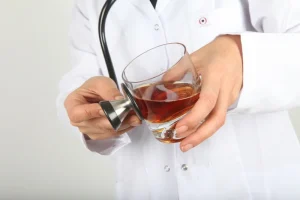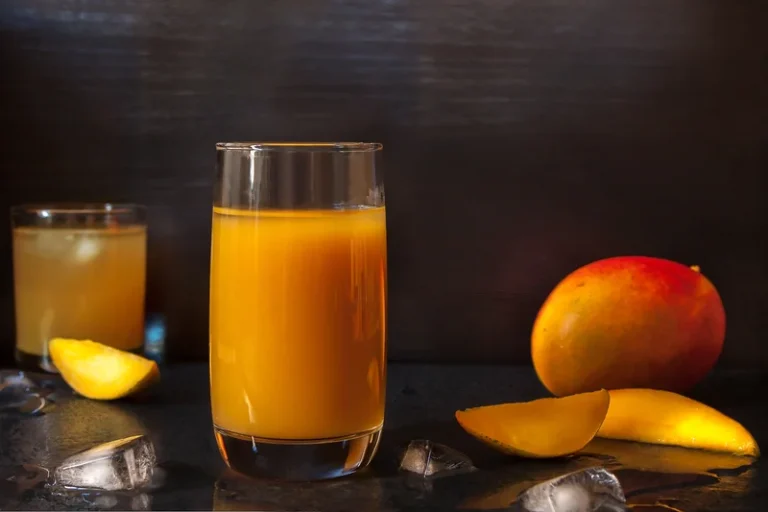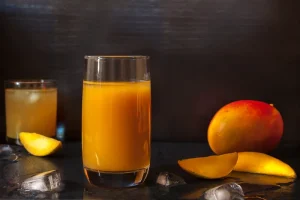
A doctor can assess whether your body can safely manage the withdrawal process or if you’ll need medical monitoring and assistance. There are many different options and resources that can help you learn how to quit drinking. Just remember that there is no single approach that works for everyone. If you try one method and it doesn’t work, don’t lose hope. Perceived social support can play an important part in alcohol use recovery. Professional treatment for an alcohol use disorder can involve outpatient therapy, residential treatment, or inpatient hospitalization.

Seek professional help

Part of learning how to quit drinking is understanding that there may be slip-ups and backslides along the way. These short-term mistakes cannot allow the derailment of the main goal to stop drinking. If a setback occurs during recovery, the important thing to do is to reach out, get help to stop drinking, learn from the relapse and move forward into sobriety.
Overcoming Alcohol Addiction
- If certain people, places, or activities trigger a craving for alcohol, try to avoid them.
- For most people they pass quite quickly, and are just a temporary blip before starting to feel the benefits of cutting out alcohol.
- Fear keeps you from regressing, goals drive you forward, and new habits to make it all stick.
- The goal is to change the thought processes that lead to alcohol misuse and to develop the skills necessary to cope with everyday situations that might trigger alcohol misuse.
- One study found that attitude-related barriers were the most common obstacle that people face before entering treatment for an alcohol use disorder.
Feeling at your best physically can boost resilience and emotional strength, equipping you to weather challenges that trigger the desire to drink. Finding or reaching out to other sober people can also help. From month-long sobriety challenges to the Sober Curious movement, more and more people are taking a closer look at the role alcohol plays in their lives. Halfway house A.D.A.M., Inc. is accredited by URAC, for Health Content Provider (). URAC’s accreditation program is an independent audit to verify that A.D.A.M. follows rigorous standards of quality and accountability. A.D.A.M. is among the first to achieve this important distinction for online health information and services.
Coping with alcohol withdrawal symptoms safely
- It can be used with counseling or therapy and is not meant as a substitute for professional help.
- If you spend an average of $100 a week on alcohol, you’ll save more than $5,000 a year when you give up drinking.
- Talking with an addiction therapist or medical specialist can assist you in your goal to stop drinking.
- Place pictures that remind you of your why around your home, in your car or on your phone and computer backgrounds.
- You can find professional support to stop drinking through rehab programs, counseling services, and recovery centers like True Self Recovery.
If I couldn’t first accept this, then there was no chance I would ever fix it. Forbes Health adheres to strict editorial integrity standards. To the best of our knowledge, all content is accurate as of the date posted, though offers contained herein may no longer be available. The opinions expressed are the author’s alone and have not been provided, approved or otherwise endorsed by our advertisers. If you tend to drink too much whenever there is any alcohol in the house, get rid of it altogether, the NIAAA recommends. Food can absorb the alcohol in beverages, so eating before or even while you drink can dampen the effect and may make you want to drink less, says Crews.

How to Stop Drinking Alcohol – Know What To Do When Triggers and Cravings Occur
When you quit drinking you can refocus your attention on repairing these relationships without the barrier of alcohol. Alcohol use disorder is what doctors call it when you can’t control how much you drink and have trouble with your emotions when you’re not drinking. Some people may think the only way to deal with it is with willpower, as if it’s a problem they have to work through all on their own. Changing unhealthy behaviors such as smoking, overeating, or drinking too much can take a lot of effort, and you may not succeed with the first try.
Problem drinkers may be able to https://ecosoberhouse.com/article/13-actionable-tips-to-stay-sober-at-different-times/ stop drinking without much support but alcoholics are addicted to alcohol and require help to stop drinking. Even for a drinker who has not progressed to alcoholism, he or she is much more likely to succeed with help to stop drinking. It’s a good idea to talk with a medical professional before you begin a taper. They can help you decide if it’s the safest way to start your recovery, and they can help you make a taper plan.
Reach out for support
Quitting entirely on your own is possible, but your chances of success are much higher if you have assistance and an evidence-based plan. Some researchers have also found that alcohol stimulates appetite, causing you to eat more when you drink. Group therapy, led by a therapist, can give you the benefits of therapy along with the support of other members. Because substance use disorder is a complex disease, you likely have more than one trigger. When you feel a craving coming on, assess what’s around you and what you’re feeling.
- 12-step facilitation therapy is an engagement strategy used in counseling sessions to increase an individual’s active involvement in 12-step-based mutual-support groups.
- Having a plan could mean slowly cutting back the number of drinks you have per week until you reach zero.
- “Once you have a sense of how much you’re drinking, it’s helpful to track how many drinks you’re having per day,” says Witkiewitz.
- If you’re a casual drinker, saying no topeer pressure may not be easy.
“Using a medication such as naltrexone increases the overall chances that people can cut down or quit,” Lee said. A person may require intravenous (IV) rehydration fluids to correct any electrolyte imbalances. Some people may also need supplements such as folate, multivitamin, thiamine, and dextrose. However, deep reflection may help uncover where internal triggers arise. These triggers may come from a fleeting thought, an emotion, or a physical sensation, such as a headache or nervousness. Managing internal triggers may require keeping a journal or alcohol diary.

Alcohol impacts our sleep, relationships, weight, risk for serious chronic conditions and more. Most people wait for January 1st to change their lives, 11 years of sobriety taught me that if something matters, the date doesn’t. After helping thousands break free How to Stop Drinking from alcohol, I’ve discovered precisely why resolutions fail and what works. In your mind, sobriety means giving up a large part of this social life and all of the people you drink with.

Comments are closed